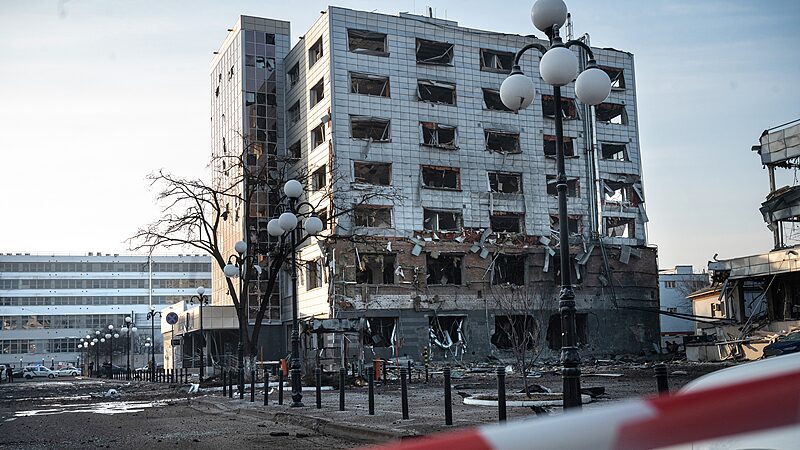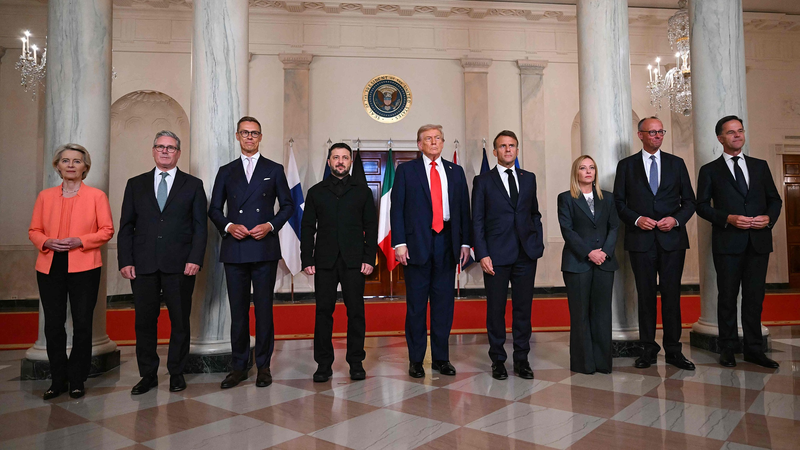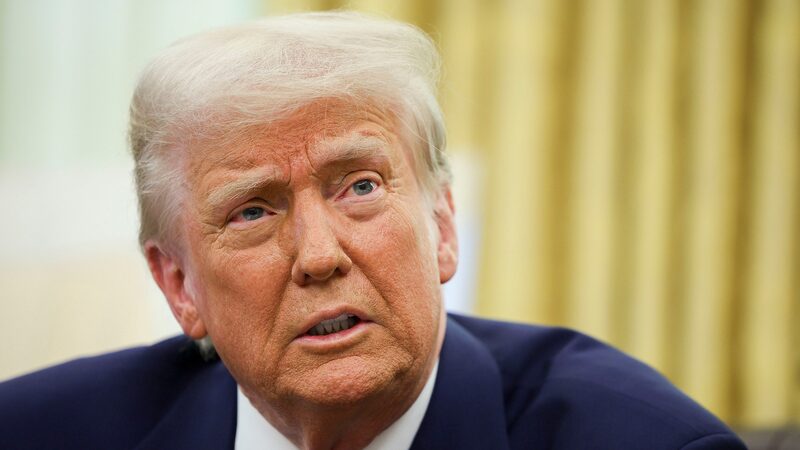The path to ending the Russia-Ukraine conflict remains fraught with challenges, analysts say, following inconclusive technical-level negotiations in Riyadh. While the U.S., Russia, and Ukraine held parallel talks this week, experts argue divergent priorities and a lack of mutual trust continue to stall progress toward a meaningful ceasefire.
Conflicting Priorities Prolong Negotiations
Wang Yiwei, a professor at Renmin University of China, noted that Washington aims to reduce its financial and strategic commitments to the conflict, while Moscow seeks broader guarantees about NATO's eastward expansion and Europe's post-war order. "Their demands are different, and their statements reflect this," Wang said.
Technical Talks Yield Limited Progress
Three days of discussions concluded Tuesday without a joint statement, as stakeholders offered conflicting assessments. While the U.S. emphasized agreements on Black Sea navigation safety and protecting energy infrastructure, Russia conditioned implementation on eased sanctions affecting its agricultural exports.
Analysts Question U.S.-Led Diplomacy
Kang Jie of the China Institute of International Studies criticized Washington's approach as "hasty" and "biased," arguing sustainable peace requires inclusive negotiations addressing all stakeholders. Cui Hongjian, another expert, warned that reliance on U.S. mediation remains problematic due to insufficient trust between Kyiv and Moscow: "Direct dialogue is essential, but both sides prioritize military gains over diplomacy."
With battlefield tensions persisting, analysts suggest Europe could play a more active mediating role. However, most agree that without reciprocal concessions and verifiable de-escalation measures, a lasting agreement remains distant.
Reference(s):
Experts: Long road to a Russia-Ukraine ceasefire after Riyadh talks
cgtn.com








